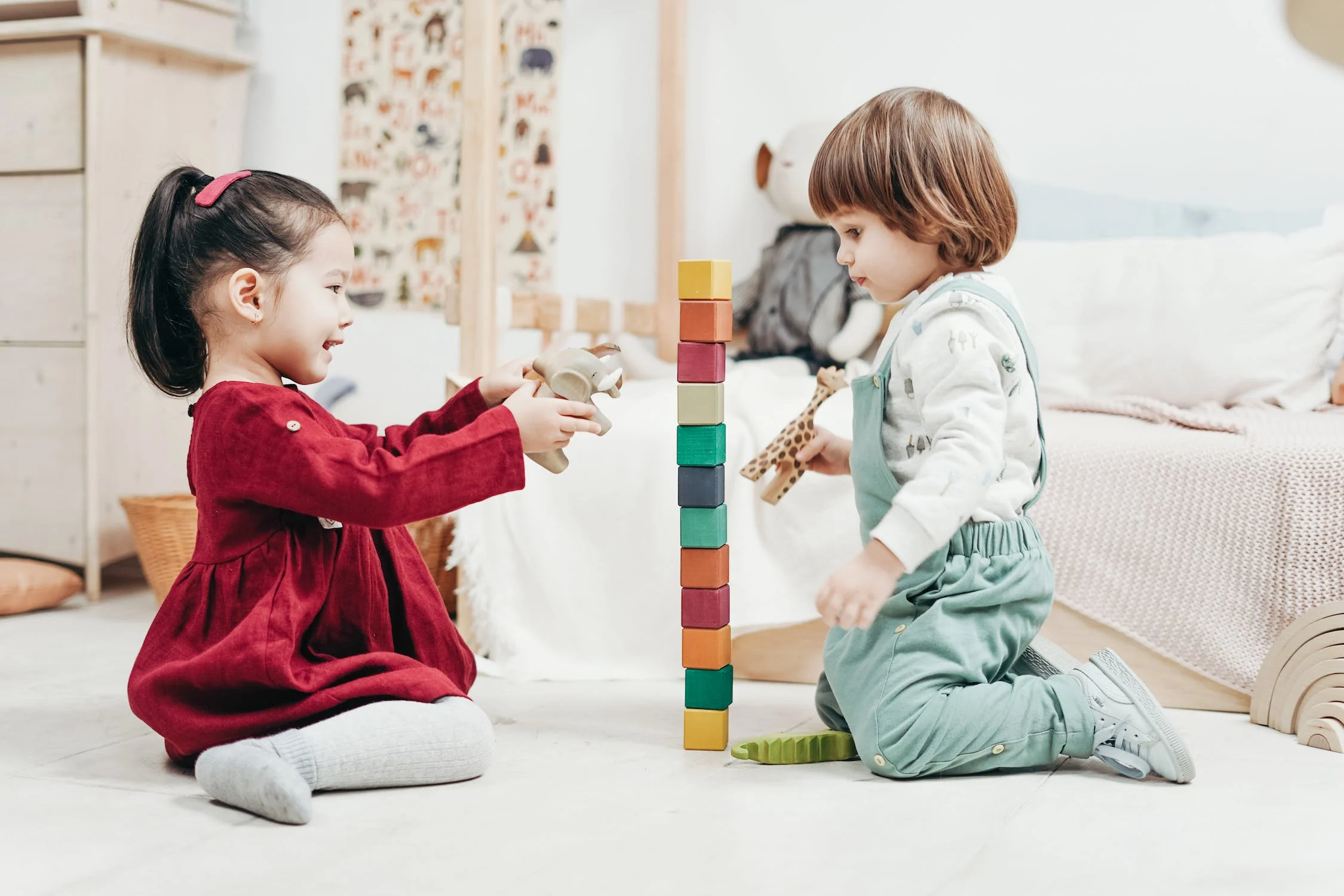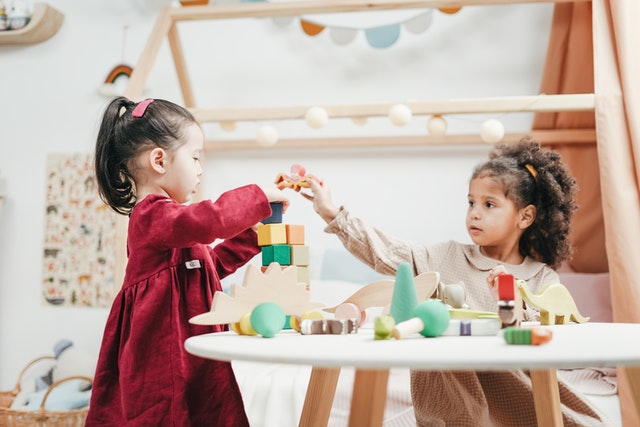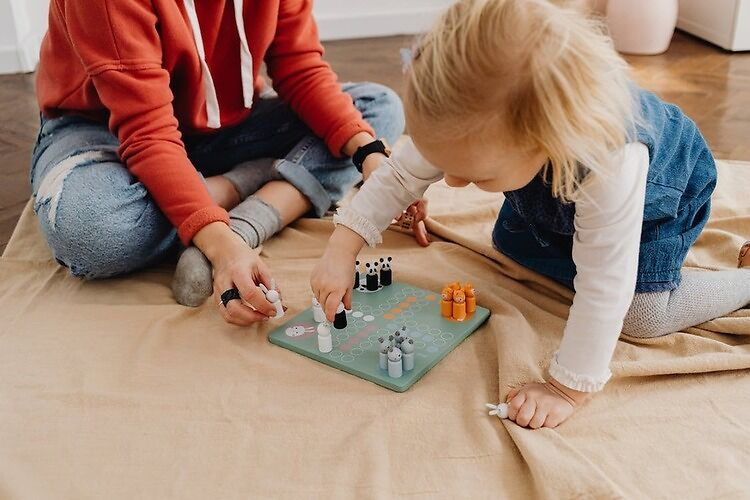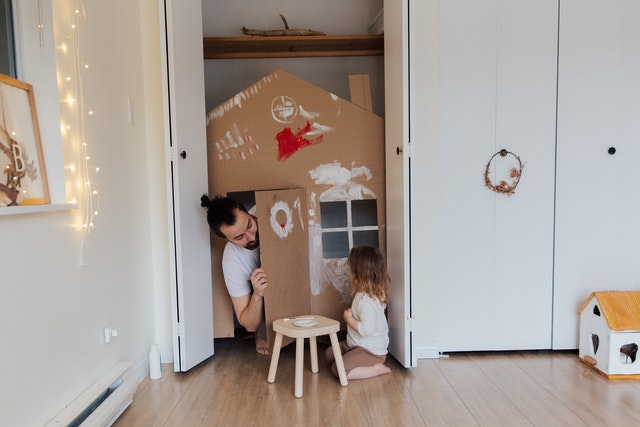The vibrant and explorative phase of toddlerhood offers a unique opportunity for cognitive, physical, and emotional growth. Playtime is not just about fun; it represents a critical aspect of a toddler's development, shaping their understanding of the world, enhancing motor skills, and fostering strong bonds between children and their caregivers. Caregivers seeking to enrich this exploratory phase can engage toddlers in a variety array of playful educational activities, many of which utilize common household items, turning every corner of the home into a potential learning environment.
Exploratory play with textures can awaken the senses of a toddler, encouraging fine motor skills and letter recognition through creative art projects using materials like sandpaper and cotton balls. Meanwhile, playful measurement activities using everyday items like apples or blocks offer a hands-on approach to understanding size, distance, and volume. Such activities not only entertain but also introduce basic math concepts in an accessible manner. Additionally, labeling household items enhances language development, turning every labeled object into a flashcard that enriches a toddler's vocabulary and comprehension.

- Discover a world of fun and learning with the top 30 games for toddlers. Source: @splashlearn - splashlearn.com
Organizational tasks, albeit simple, cultivate responsibility and methodical thinking. Sorting toys and utensils can be a fun game that also teaches the importance of order and tidiness. Scavenger hunts escalate this learning by integrating problem-solving and observation, pushing toddlers to connect with their surroundings on a deeper level. Moreover, taking toddlers on explorative walks through the neighborhood or arranging theme-based activities around town turns every outing into an educational experience, expanding their understanding of community roles and services.

- Enhancing cognitive and physical skills through playful interactions with wooden blocks. Source: @splashlearn - splashlearn.com
Singing can dramatically enhance a toddler's language skills, embedding new vocabulary and concepts through catchy tunes and repetitive choruses. Similarly, introducing a daily numbering system through calendars or visually associating words with pictures of family and friends strengthens memory and numerical literacy. Furthermore, creating weather-themed art projects fosters both an appreciation for the environment and an understanding of weather patterns, nurturing a toddler's curiosity about natural phenomena.

- Turning simple board games into developmental milestones for toddlers. Source: @splashlearn - splashlearn.com
The cornerstone of toddler development, however, may lie in the balance between structured learning activities and the freedom of unstructured play. While educational games and crafts offer valuable learning opportunities, allowing toddlers the space to engage in unguided, imaginative play is crucial. This balance ensures a holistic approach to development, supporting the emergence of innovative thinking, independence, and a robust sense of self. Caregivers are encouraged to weave both structured and unstructured play into the fabric of daily routines, fostering a nurturing environment in which toddlers can thrive, explore, and grow.

- A magical moment of creativity and bonding inside a cardboard castle. Source: @splashlearn - splashlearn.com
Understanding that each moment of play is a step towards growth empowers caregivers to support the multifaceted development of toddlers. From sensory exploration and cognitive challenges to emotional bonding and imaginative leaps, playtime is a delightful journey through the wonder-filled years of early childhood. By embracing this journey with intention and creativity, caregivers can provide toddlers with the tools they need to navigate the world around them, building a strong foundation for lifelong learning and development.
